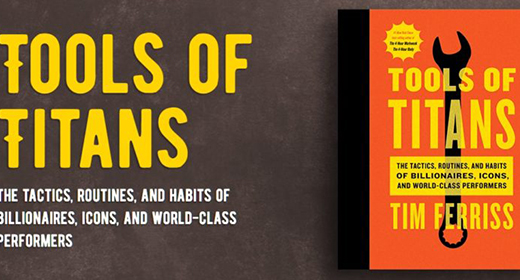From comments by Governor Jerry Brown to reports from the U.S. Dietary Guidelines Advisory Committee…

there’s widespread agreement that everyone needs to eat more plants.
Where there’s less consensus, however, is how to effect change. While many vegans believe Meatless Mondays and other cutting-back-consumption campaigns don’t push enough of a paradigm-shift, others argue that these are crucial first steps towards a more compassionate world.
Given that around 93 percent of people still eat meat, it’s difficult to imagine that everyone will cease doing so anytime soon. A world that eats far less meat, however, is already on the way. Meat consumption has been steadily declining in the U.S.—by 10% per capita since 2007, in fact.
In that year, for example, the U.S. raised and killed 9.5 billion land animals for food. As of 2014, that number plummeted by a whopping 400 million (to 9.1 billion — click here to view the statistics), says Paul Shapiro, Vice President, Farm Animal Protection for The Humane Society of the United States.
“What that means is that compared to 2007, last year almost half a billion fewer animals were subjected to the torment of factory farming and industrial slaughter plants–and that’s despite the increase in the U.S. population,” Shapiro explains.
“That’s more animals than are experimented on, hunted, used in circuses, puppy mills, and end up in animal shelters each year in the U.S.—all combined.”
Recent years have seen massive leaps in veg-friendly campaigns, realistic meat and dairy replacements hitting the market, and a rising awareness of the health benefits of cutting back on animal products.
The HSUS Farm Animal Protection division has an arm that focuses entirely on meat reduction campaigns in institutional environments. Started by Kristie Middleton, it’s been going strong since 2011, and is rapidly expanding. In Los Angeles, for example, the team convinced the school district to switch to Meatless Mondays back in 2012. Today, that program alone is saving more than 700,000 meat-based meals from being served each week.

“The rates of vegetarianism in our country have remained around five to eight percent for years. But the rate of meat reduction—people who aren’t vegetarians but are cutting back on their animal consumption—is what’s really fueling this trend,” Shapiro explains.
In other words, people who are eating less meat are actually saving lives.
“In fact, a 2013 Mintel study found that while more than a third of Americans buy meat alternatives like Gardein, less than 10 percent of Americans identify as vegetarians. In other words, the market for vegetarian meats is being largely driven by non-vegetarians,” he explains.
This doesn’t diminish the importance of vegans, or the impact the vegan movement is having on mainstream society, but it does demonstrate that omnivores can (and do) drive large-scale, life-saving changes to our food system.
“It’s clear that meat reduction is what is sparing astronomical numbers of animals from torment and misery,” Shapiro adds.
Just because someone isn’t 100% vegan, doesn’t mean they’re not making a difference. As recent research demonstrates, 36% of Americans are open to plant-based eating, but most of those people aren’t vegans—or even vegetarians. They are amenable to change, however, and that change is taking the form of farm animals saved. 400 million of them last year, alone.
So maybe it IS worth getting your carnivorous uncle to switch to salads a couple nights a week. Based on these numbers, it obviously adds up.








































